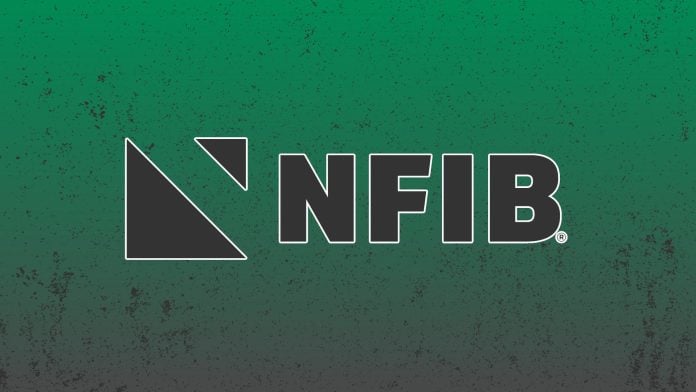The U.S. Small Business Administration (SBA) has made waves by announcing that its Small Business Investment Company (SBIC) program concluded Fiscal Year 2025 (FY25) with an unprecedented $53 billion in investment capital, marking a significant growth from $46 billion in FY24. This record-setting achievement not only highlights the rising confidence in the U.S. economy but also underscores the vital role small businesses play in driving innovation and growth.
The latest figures reveal that the SBA approved 48 new SBIC licenses this fiscal year, which is expected to facilitate over $14 billion in total investments. Additionally, the agency granted a record 86 “Green Light” letters, indicating conditional pre-approval for SBIC licenses, anticipated to generate more than $20 billion in investments. SBA Administrator Kelly Loeffler emphasized the importance of these developments, stating, “Confidence in President Trump’s pro-growth economic agenda is driving investment in America’s next generation of category leaders…”
For small business owners, this surge in capital availability presents substantial benefits. The SBIC program is designed to enhance the flow of private equity capital and long-term debt financing, crucial for operations, expansions, and modernizations. SBA capital takes the form of government-guaranteed loans to investment funds, which, in turn, match privately-raised capital. This model not only increases the accessibility of financing for qualifying small businesses but also assists private investors in potentially improving their risk-adjusted returns.
These developments can translate into tangible advantages for small business owners seeking funding. For instance, a tech startup may now find it easier to secure capital to develop innovative products, while a manufacturing firm could access funding for modernization efforts. With these investments being funneled into small businesses, the implications are significant: job creation, community development, and a strengthened national economy.
While the record-breaking investment capital paints an optimistic picture, small business owners should also consider some potential challenges. Securing funding through the SBIC program can be competitive and may involve meeting specific eligibility criteria. Not all businesses may qualify for support, which could lead to frustration for those who need funding the most. Additionally, the dependency on private-sector initiatives means that fluctuations in the economy or changes in policy could affect future funding availability.
Despite these concerns, the overarching narrative is one of growth and opportunity. As part of the record year for the SBIC program, the SBA combined capital deployed through its 7(a) and 504 loan programs reached $45 billion to more than 85,000 small businesses, contributing to over $100 billion in total agency support for FY25. This concerted effort indicates strong governmental backing for small businesses, aiming to alleviate some of the historical barriers they face in accessing the capital needed to thrive.
The implications for small business owners are profound. Whether it’s through direct investment or supportive policy measures, the current environment signals a commitment to bolstering small business growth. This can empower entrepreneurs to innovate, expand their operations, and ultimately contribute to revitalizing local economies.
As businesses navigate these opportunities, staying informed about the resources available through the SBA and the SBIC program could be crucial. For small business owners keen on exploring these new avenues, understanding the application process and aligning business strategies to meet the goals of these funding programs will be essential.
For detailed information on this development and to learn more about how small businesses have benefited from these changes, you can visit the original announcement here. The SBIC program remains pivotal in shaping the dynamics of the small business landscape, showcasing the potential for sustained investment in innovation and economic growth.
Image Via BizSugar



